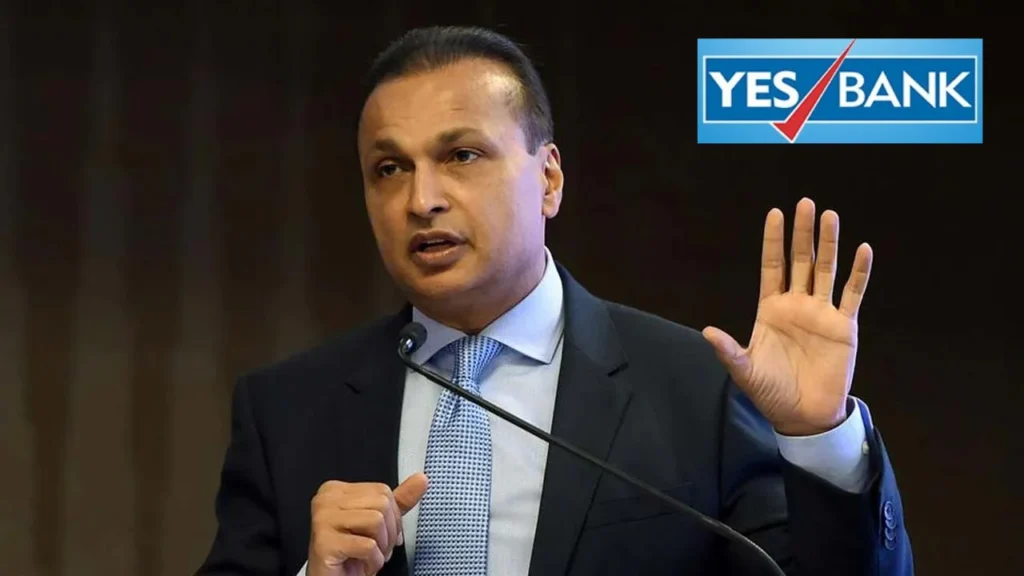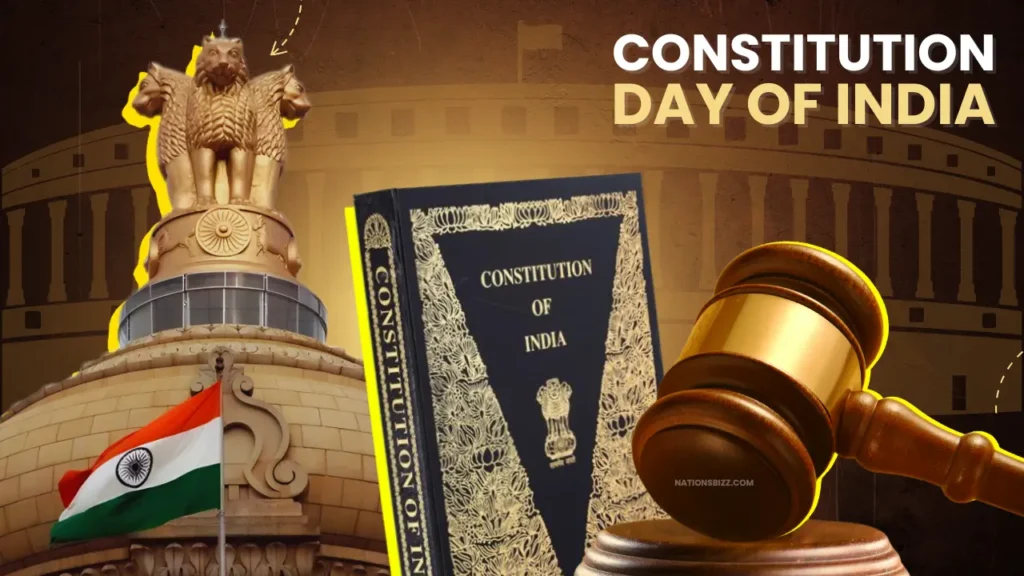Over 50 Reliance-linked firms under scanner in Yes Bank loan case
The Enforcement Directorate has stepped up its investigation into a ₹3,000 crore loan issued by Yes Bank to companies tied to Anil Ambani. Officials suspect that key bank insiders were bribed to clear the loan despite financial red flags.
Searches were carried out across 50 locations linked to Reliance Group firms. The ED is tracking a trail of funds that reportedly moved from Yes Bank to several shell entities. These firms, according to the agency, lacked real business activity and were allegedly used to route money back into listed Reliance companies.
Investigators believe that this setup was not accidental. It followed a pattern seen in other financial frauds where shell firms are used to mask transactions and create artificial legitimacy. The timing of the loan approvals also raised questions, as they occurred when Yes Bank finances were under pressure and its non-performing assets were rising.
Suspected Bribes and Loan Defaults
The ED claims that internal communications and transaction records suggest bribes were paid to secure the massive loan. The money was sanctioned during the tenure of Rana Kapoor, former Yes Bank head, who is already in custody in related matters.
Many of the borrowing entities eventually defaulted on repayments, worsening the bank crisis. Officials are examining whether due diligence was bypassed under pressure or for personal gain. Accountants and executives involved in the transactions may be summoned in the coming weeks.
Financial Web Under Review
The agency is also reviewing board meeting records, fund flow charts, and emails to identify how the funds were diverted. Initial findings suggest that money traveled through multiple companies before ending up in accounts managed by Reliance Group.
Anil Ambani has not yet commented on the ED claims. The legal team is likely to respond after reviewing the allegations.
This probe adds to the long list of financial frauds that point to systemic gaps in large loan monitoring. If proven, the case could set a precedent for tougher scrutiny on corporate borrowings and internal bank governance.





















